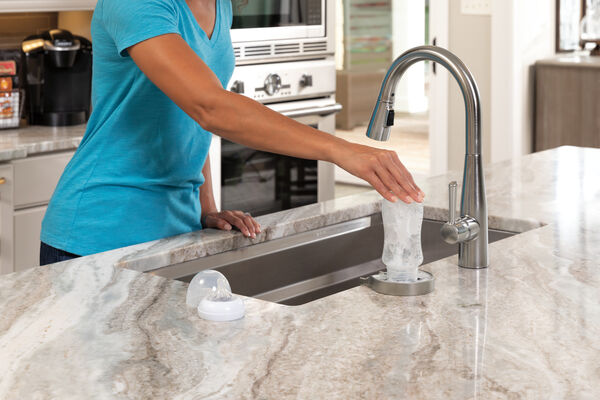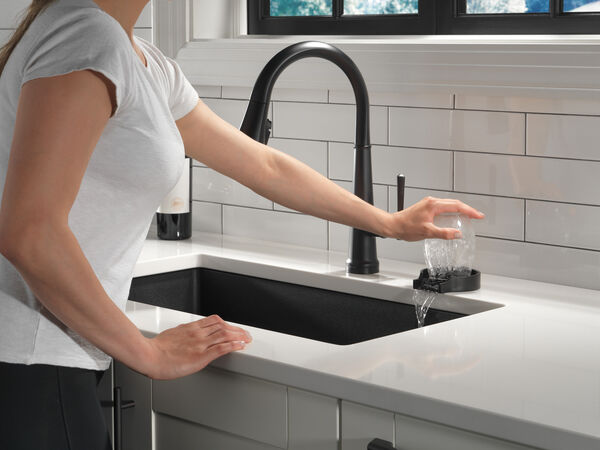
A cup washer is a small, round, plastic or metal disc that is placed over the drain hole of a sink. They are available in a variety of colors to match the finish of your sink. Cup washers are used to keep the drain hole from becoming clogged with food or other debris. Installing a cup washer is a simple process that can be done in a matter of minutes. Here is a step-by-step guide on how to install a cup washer on your kitchen sink.
Table of Contents
Remove Old Faucet
If your faucet is old and outdated, you may want to consider replacing it. This can be a fairly easy process, but there are a few things you need to keep in mind.
First, you’ll need to shut off the water to your sink. This can be done by turning the knob on the underside of the sink. Once the water is shut off, you can remove the old faucet by unscrewing it from the countertop.
Next, you’ll need to install the new faucet. Make sure that you follow all of the manufacturer’s instructions carefully. Once the new faucet is in place, you can turn on the water and test it out.
If everything is working properly, then congratulations! You’ve successfully replaced your old faucet with a new one.
Clean Surface Area
When you are ready to install your cup washer, start by cleaning the surface area where you will be working. This will help ensure that the washer is installed properly and will not come loose over time. Use a mild soap and water solution to clean the area, then dry it off with a clean towel.
Apply Plumber’s Putty Around Base Of New Faucet
If you’re installing a new cup washer on your kitchen sink, you’ll need to apply plumber’s putty around the base of the new faucet. This will help to create a watertight seal and prevent leaks.

To apply the plumber’s putty, simply roll a small amount into a ball and press it around the base of the faucet. Use your fingers to smooth it out and make sure there are no gaps. Then, screw on the retaining ring or cap to secure the putty in place.
Secure Faucet In Place With Washer And Nut
Use a putty knife to apply plumber’s putty around the base of the faucet. Place the faucet washer over the threads on the underside of the sink and screw on the retaining nut. Hand-tighten the nut until it is snug, then use a wrench to tighten it another ½ turn.
Re-Attach Water Supply Lines
- If your kitchen sink has an automatic dishwasher, you will need to remove the dishwasher’s water supply lines before proceeding.
2. Once the dishwasher’s water supply lines have been removed, you can reattach the cup washer’s water supply lines.
3. Make sure that the cup washer’s water supply lines are securely attached to the appropriate plumbing fixtures.
4. Turn on the water supply to the kitchen sink and test the cup washer to ensure that it is functioning properly.

